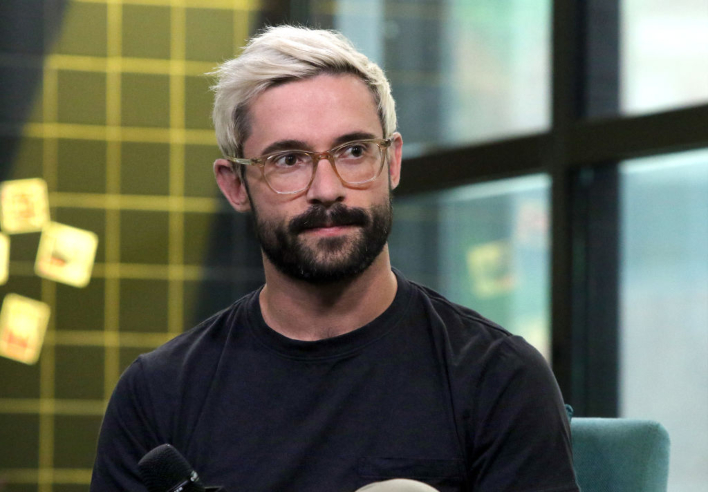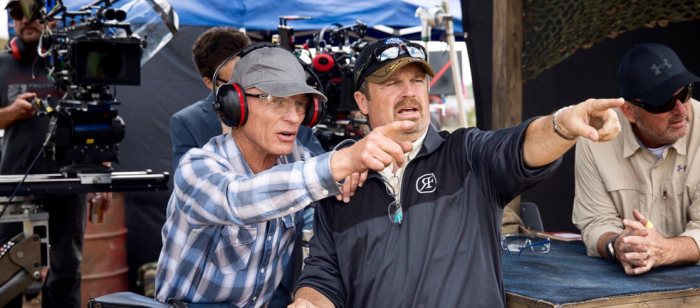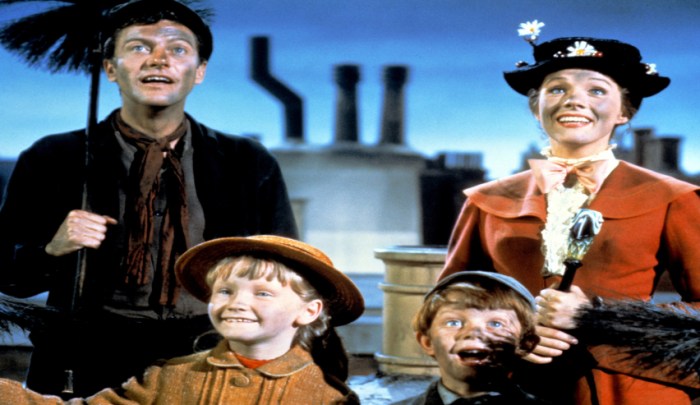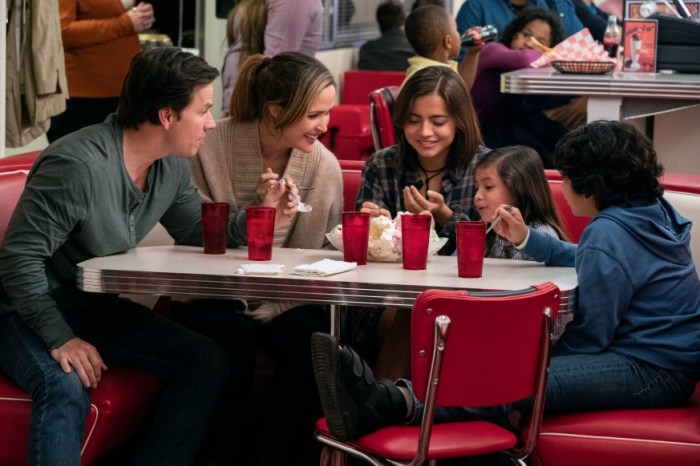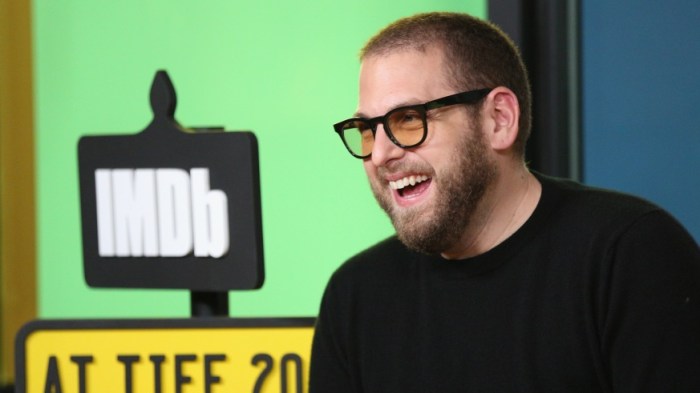Screenwriter and director Riley Stearns is dedicated to the art of storytelling. In his latest feature, “The Art of Self Defense” Stearns tells a story that punches you with curiosity while showcasing an exciting variety of twists and turns.
Director and screenwriter Riley Stearns talks breaking boards and blurring lines
The film follows a down-on-his-luck and frail accountant, Casey (Jesse Eisenberg), who suffers a brutal attack that leads him to join a karate class in a strip mall. Just like the karate students in the film break boards, Stearns wanted to break many molds with this feature — whether it be the limits of moral ambiguity, the structure of pseudo masculinity or the lines between reality and a timeless parallel overall. Stearns sat down with Metro to discuss his inspiration for the film, dive into his process on blurring the lines and explain why sometimes the answer to a problem is not exactly clear cut.
What was your initial inspiration for the film?
I actually do practice Martial Arts, but jiu jitsu, I’ve been doing that for six years now. When I wrote the film it was at the tail end of 2015 and I had been training for about two years. But I was toying with an idea that just wasn’t really working for me. I felt like I was just trying too hard to do something that wasn’t really a story yet. I kind of had a moment where I said, ‘why am I not just doing something about something that I already love?’. I decided to make a film that was set in the world of karate, but also one that explores very real thoughts and fears that I was having at that time–especially about who I was as a person and society’s expectations of me as a man. [I wanted to] kind of really poke fun at all of that through this pseudo-sports movie that I think people think is gonna be one thing and go a very structured standard direction, but then really just take it down a darker and more unexpected path.
Since the film does explore that hyper-masculine notion that comes with sports, what are you hoping audiences will take away from that point?
I didn’t really want to make a ‘message’ film or have anyone think I was trying to teach them a lesson. But at the same time, I think that when I started talking about things that are important to me, I began realizing that they were important to other people as well. So hopefully it’s opening up conversations, it’s not necessarily giving any answers— and I don’t think at the end of the movie it solved anything to say the least. But at the same time, it was very important to talk about it in a very overt and literal way and have there be no question as to what side of the argument I land on. Even with its subtlety, being very literal is where some of the humor came from.

The film certainly has it’s comical moments, but also very dark moments as well– why do you think the two aspects work so well together?
For me, this is the exact film I wanted to make and the exact world I wanted it to be in. In terms of watching the film, I like blending the darkness with the comedy because it’s an exaggerated version of what we experience in everyday life and I enjoy getting to portray that in a more cinematic way. Once the film hits that halfway point and the rug is pulled out from under you there’s just this excitement. Hopefully, as a viewer watching the movie, if you know bits and pieces of what’s going to happen, how you get there is going to be interesting and what happens after it is going to be surprising too. I think that being a humorous dark comedy and getting to play with both of those things affords you some leeway to make some choices that are a little more exciting and interesting that you might have not been able to do in a more straight forward narrative.
While watching the film you realize that it takes place not exactly in our world, was that an imperative aspect to tell this story?
Yes, for me, if you don’t have to have something in the movie that’s going to be a negative aspect to the film, then just don’t have it. The biggest example in this instance is the fact that cell phones don’t exist in this world. It’s never something that I think an audience misses, if you never talk about it then you never have to explain why you don’t have a cell phone reception or why the battery in the phone has gone out. That’s a good thing to me. When a film has to stop and explain the logic of the film, you know that there is then something that the audience has to stop and think about. Instead, you want them to live in a world that you’ve created.

I also personally enjoyed the irony of the ending and how everything came full circle, what was your thought process for the ending of the film?
I’m a big fan of setups and payoffs, that was an instance of just a funny setup and payoff. Also, a character making a morally abhorrent decision– but for the good of everything else, that was interesting to me. Even though the film, at least I think, ends positively and wraps up in a way that is hopefully cathartic for audiences, at the same time it’s not a black and white, good or bad situation. I do think there is some moral ambiguity going on. I think if you can have something along those lines, it’s always more interesting than just being like yeah the good guys win and the bad guys lose. [With this film] there are always surprises that come up that sort of push it over the edge.
“The Art of Self Defense” hits theaters July 12

